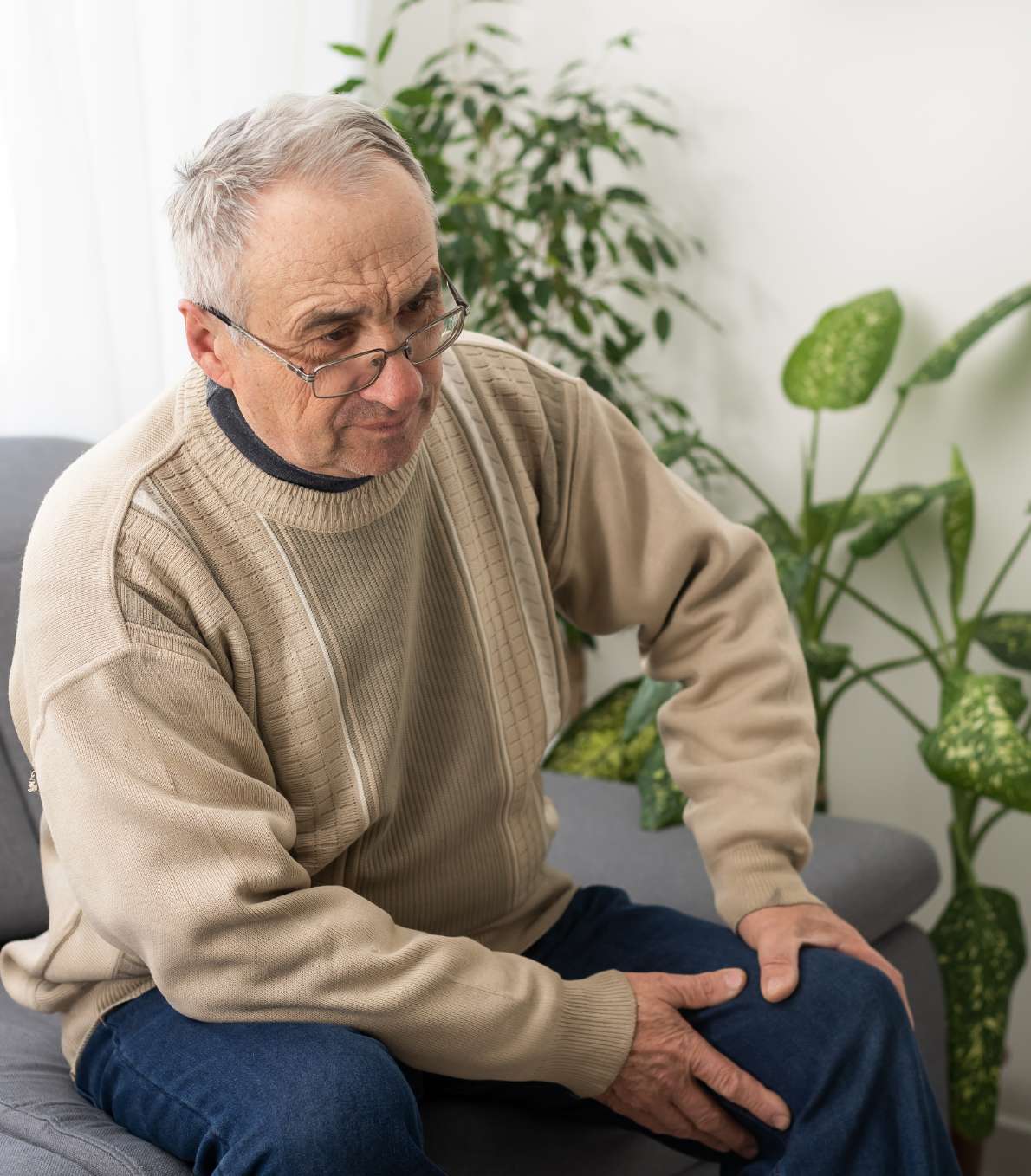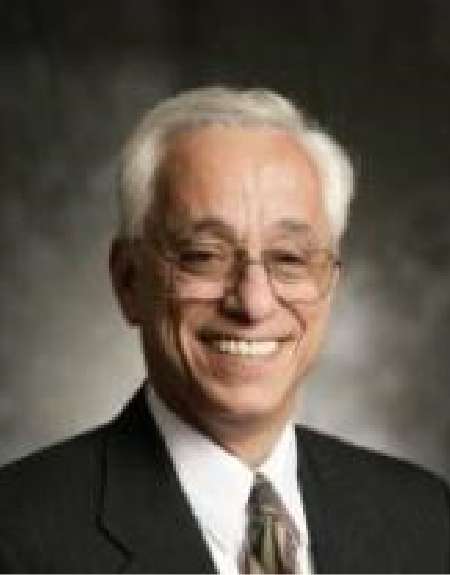
Fear can be a motivational force for action or a detrimental force for inaction.
When faced with a serious or even life-threatening medical condition most people are frozen in their thoughts and in their decision-making process. The best counter for constructive approachment is education. Most people are not physicians or allied health professionals or even have exceptional lay medical knowledge. Friends and family can be supportive in these circumstances but may have limited or biased knowledge. Doctors have their own language and although well-intentioned in most circumstances do not have the communicative skills or time to fully address one’s concerns or questions. They may have their own biases as well. Many family members, friends, financial advisors, etc., may have conflicts of interest in recommending certain paths or treatment or discourse. And certainly, there are many people who simply do not have a support system, friends or family, to assist them but need objective advice.
This is where a “healthcare proxy advocate”, with an unbiased, independent, fiduciary commitment, can be extremely helpful in interpreting the healthcare issue, underlying treatment recommendations, differential diagnoses, and potential outcomes. With this knowledge a person can be better founded to make a decision about their disease process and treatment or allow a healthcare proxy advocate to act in their behalf, always with the best interests of the client at hand. With your guidance, a healthcare proxy can also make decisions for your care when you can no longer give that consent (an “advanced medical directive”).
healthproxyadvocate, llc
Uniquely qualified to provide the answers you may be seeking.
At no time should any of this be construed as giving medical advice or recommending a course of treatment. It is always educational so that with the proper facts and analytics, you make the decision as to the course events should take in your life. Review this web page for examples of true-life advocacy I have provided for others. Hopefully this will engender much thought for your future and the role you should play and how a professional with extensive experience, knowledge, and human interaction can inspire confidence in yourself to maintain control of your destiny.

Theodore T. Katz, MD, FACS
I am a highly motivated, highly energetic individual with clinical, administrative and executive expertise. I have leadership capabilities as demonstrated by the various clinical and administrative positions I have held in the military as well as civilian life. I have dealt with many complex and demanding problems with a calm, yet commanding presence and rational solutions. My ability to communicate and analyze diverse opinions and to be inclusive of ideas and innovations has enabled me to best serve organizational goals. Although trained in General and Trauma Surgery in the military, followed by a residency in Plastic and Reconstructive Surgery, I have never lost the ability to understand, communicate and analyze the medical specialties and have defended, and taught physicians to defend, cases presented to administrative law judges. Perhaps my best, and to me most rewarding personal characteristic is to “think outside the box” and to develop new concepts, approaches and innovative policies to address the everchanging field and dynamic of the medical world.
After a long clinical career (>40 years) and almost 15 years in administrative and executive medicine, I have determined to put all of that experience not to clinical use, but to educational pursuits. The knowledge of even basic medical/health care is alien to those outside of the healthcare system and this leads to anxiety and stress when faced with personal and family clinical events and decisions. The fear generated by the unknown factors of disease, treatment and alternatives, coupled with reticence to ask questions or to even know what questions to ask, compounds the emotional strain. With a mentor, advisor, or health proxy, the basics of a disease can be explained, the course of treatment recommended by a physician, and expected evolution as a result, can lead to a more rational and calmer decision-making process. Today’s practice of medicine does not appreciate the “Art of Medicine” and is rapidly becoming an algorithmic driven process, leaving behind the most essential component of medical care, an empathetic, unpretentious and compassionate physician. I leave the medical care now to the experts in their fields and will tend to the person’s mind and spirit and educate and mentor them throughout this process.
